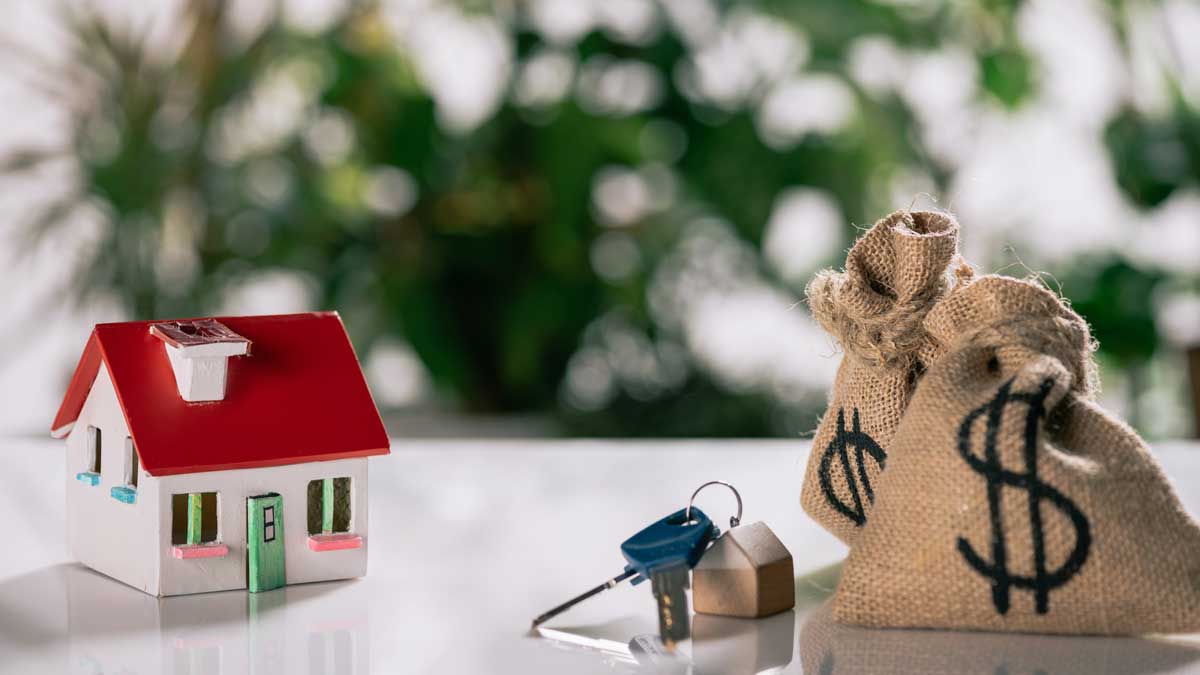House flipping and what they don’t tell you

Many people have become interested in flipping houses but want to know what it entails. You’ve probably seen house flippers on television and social media, posting about the progress they are making, along with the money they made. House flipping is a great way to get creative, have fun, and learn from the experience. However, there are things you should know that you most likely are not aware of yet.
What to know before purchasing a house
When it comes to flipping houses, there are critical steps to the process. To start with, you want to ask a few questions:
- Are you underpaying?
- Are you overpaying?
- How do you put together bids?
- And more.
Be humble; it’s okay not to know it all, especially if you are new to this. Don’t try and do everything on your own right away. It’s always best to talk to someone in the industry who specializes in the buying process before purchasing. An agent will help make sure you buy a house at the right price.
When it comes to bookkeeping, purchasing the house is the most important part on your books. You won’t see any repair costs until after it is purchased. You will need to demonstrate that you bought the house correctly and that those numbers are in your underwriting.
Is flipping property profitable?
A lot goes into how to calculate your profits, expenses, and how you maximize lending. When you buy a house you want to sell, every dollar you spend is not an expense; it is technically a cost. Keep the repair process in mind. When you spend that money, it won’t come out of your taxes until that property is sold. It all becomes part of the inventory of the house.
Say you buy a house at $100K. You put $40K into it. Then it’s worth $200K when you sell it—a $600K profit for every $300K, which is a great profit. It can be done as long as you calculate everything correctly.
Loans to flip a house
Paying off the loan is when you are really going to see the difference between cash and profit. One of the biggest places we see people get messed up is when they call the total amount a profit, but it really includes the profit, the amount you put into it, and the other secondary debt you need to pay off. It is cash returning to you to pay off other debts. A fat check does not equal profit. Many Instagram flippers will show off their big checks, but that’s not the reality of it. You always want to be careful with that. Understanding the lending and loan process is the most valuable thing you can do.
If you would like to learn more and have the accounting done correctly, we are in the process of writing a book called Bookkeeping for Flipping Houses. We go into detail about the labor materials, carrying costs—everything—so people can learn to do it themselves without added stress.
